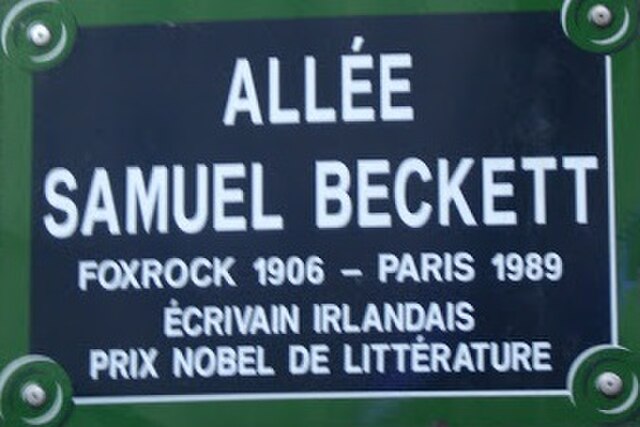19th-century French literature
19th-century French literature concerns the developments in French literature during a dynamic period in French history that saw the rise of Democracy and the fitful end of Monarchy and Empire. The period covered spans the following political regimes: Napoleon Bonaparte's Consulate (1799–1804) and Empire (1804–1814), the Restoration under Louis XVIII and Charles X (1814–1830), the July Monarchy under Louis Philippe d'Orléans (1830–1848), the Second Republic (1848–1852), the Second Empire under Napoleon III (1852–1871), and the first decades of the Third Republic (1871–1940).
Notable 19th-century French literary figures.
French literature generally speaking, is literature written in the French language, particularly by citizens of France; it may also refer to literature written by people living in France who speak traditional languages of France other than French. Literature written in the French language by citizens of other nations such as Belgium, Switzerland, Canada, Senegal, Tunisia, Algeria, Morocco, etc. is referred to as Francophone literature.
Paul Verlaine (far left) and Arthur Rimbaud (second to left) in an 1872 painting by Henri Fantin-Latour.
Samuel Beckett Walk, Paris (France). Nobel Prize 1969.
Seminar with Claude Simon, Cerisy (France). Nobel Prize 1985.
French contemporary literature workshop with Marc Avelot, Philippe Binant, Bernard Magné, Claudette Oriol-Boyer, Jean Ricardou, Cerisy (France), 1980.





